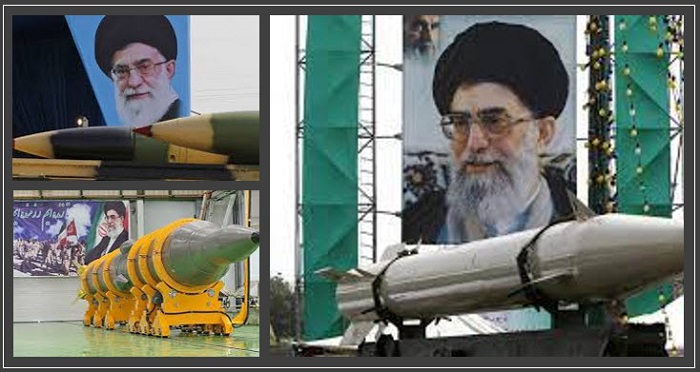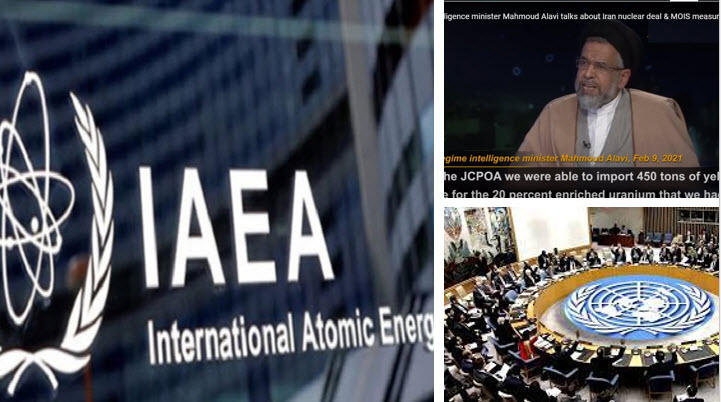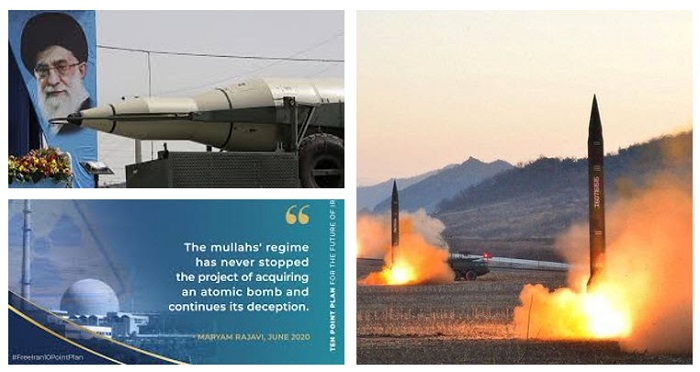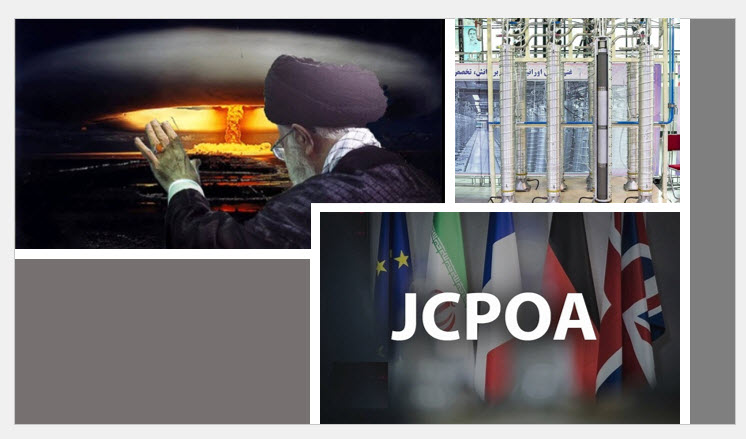
Tehran has continually claimed that its nuclear program is for peaceful purposes, but at the same time, it denies IAEA inspectors crucial access to its nuclear facilities, which it agreed to in the 2015 nuclear deal with world powers.
The EU has expressed concerns about the “presence of HEU particles,” and Iran’s modification of its centrifuges that can quickly produce highly enriched materials at levels above 60% without any credible civilian justification. This further undermines Iran’s argument that its nuclear program is exclusively for peaceful purposes.

However, as the regime has made similar commitments before, only to backtrack and resume its provocative activities, Western politicians and experts are warning about the dangers of Iran’s nuclear activities.
It is also experimenting with advanced centrifuges that will further accelerate its nuclear weapons capabilities. According to many experts, the regime is on the brink of obtaining enough fissile material for a nuclear bomb, as the JCPOA did not prevent it from developing ballistic missiles that can launch nuclear warheads.

Multiple rounds of negotiations have taken place in Vienna and other locations to bring the regime back into compliance with the JCPOA, but all initiatives have failed to put a stop to the regime’s nuclear ambitions. They have all been based on appeasing the regime and providing it with concessions, hoping that the ruling mullahs would become good actors. However, the regime has repeatedly shown that it will not negotiate in full faith and exploits loopholes to continue making progress toward nuclear arms.
As the regime nears its goal of obtaining nuclear weapons, Western states face difficult decisions.

Will they continue with half-measures and hope for the regime to act in good faith? Or will they acknowledge that this regime will not back down from its nuclear ambitions and other nefarious activities without a strong political will and decisive actions to bring it to heel?

MEK Iran (follow us on Twitter and Facebook), Maryam Rajavi’s on her site, Twitter & Facebook, NCRI (Twitter & Facebook), and People’s Mojahedin Organization of Iran – MEK IRAN – YouTu







